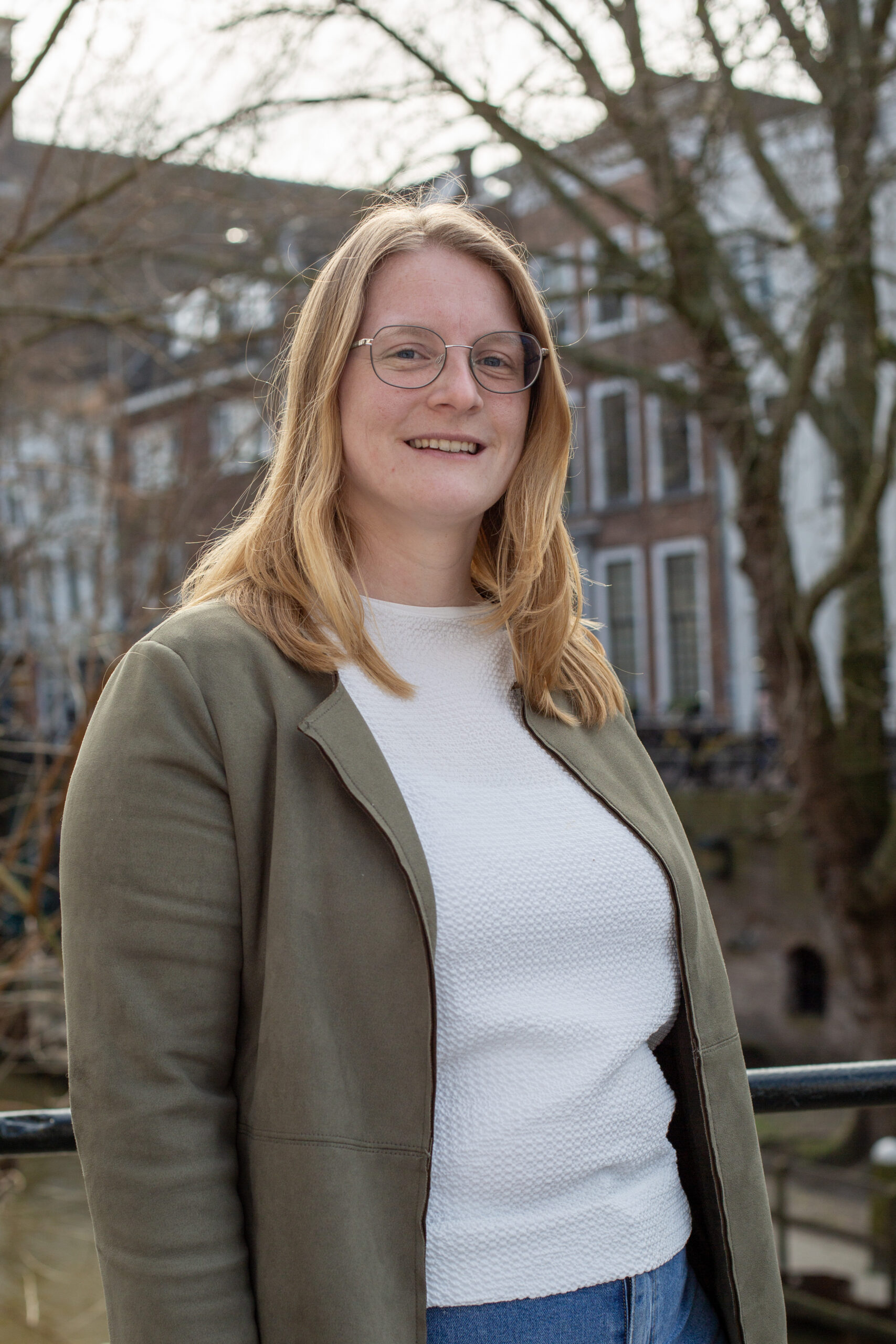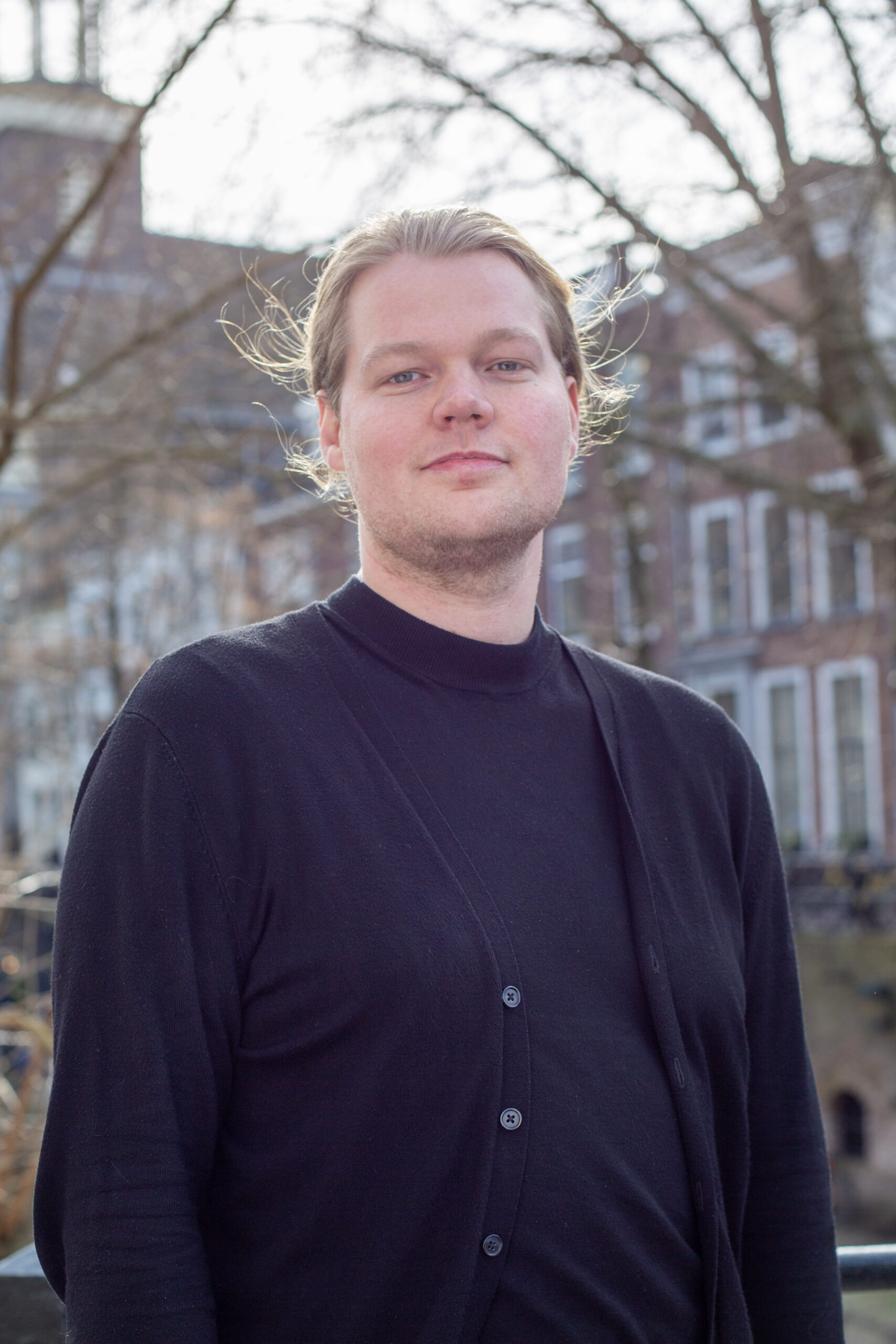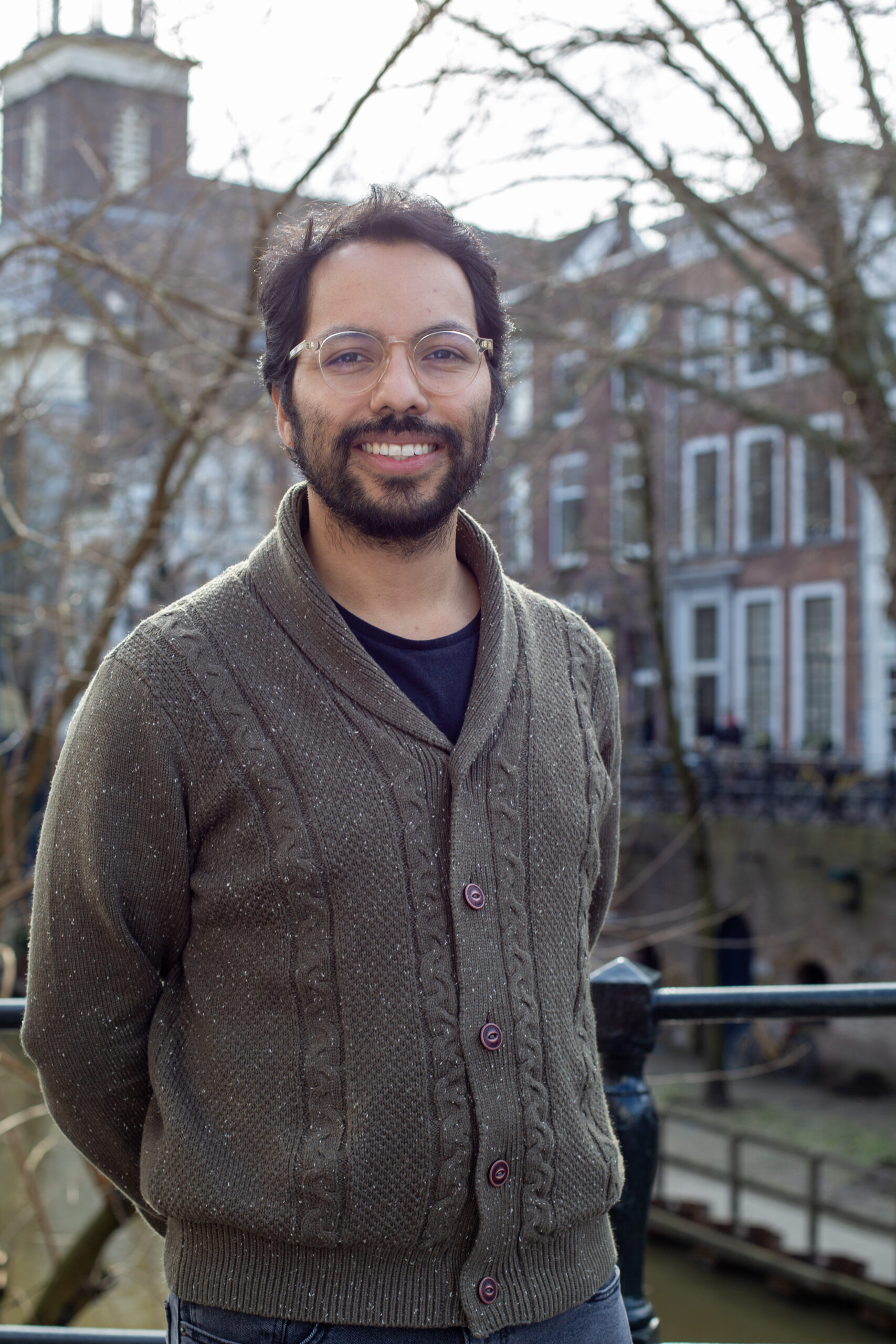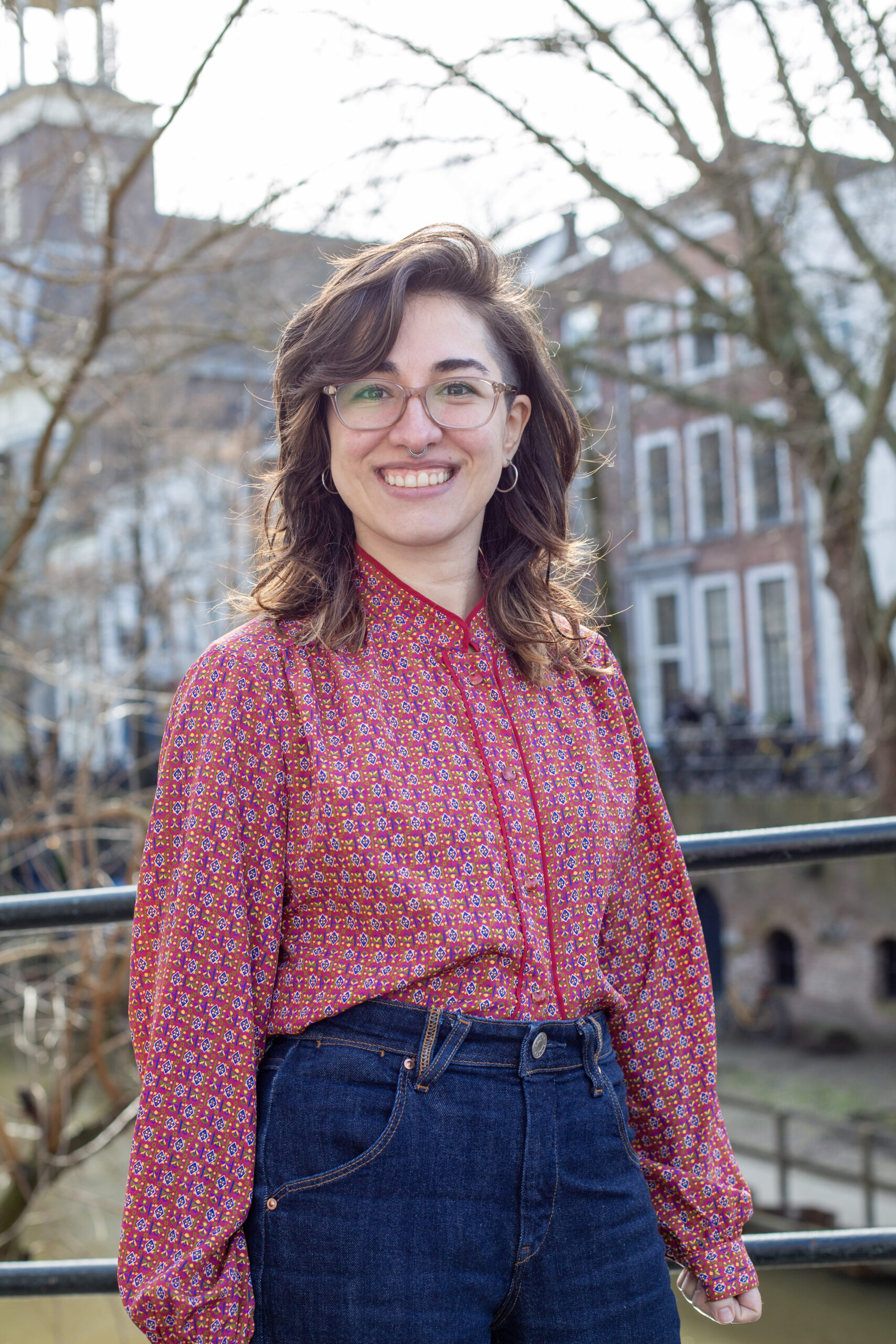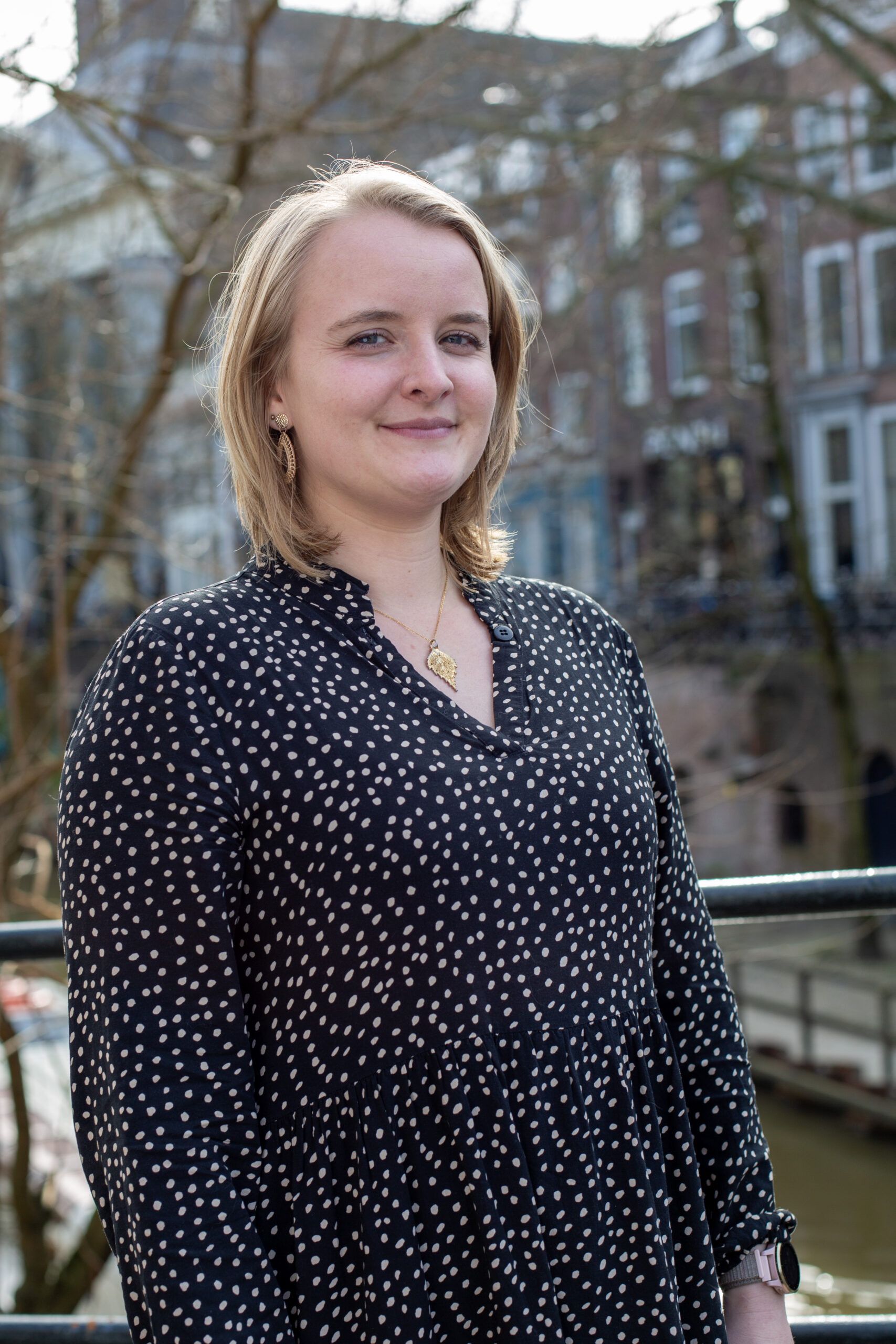General
What are the interlocutors of PNN?
On behalf of PhD candidates, PNN is currently a dialogue partner with the Universities of the Netherlands (UNL), the Royal Netherlands Academy of Arts and Sciences (KNAW), the Netherlands Organisation for Scientific Research (NWO), the Ministry of Education, Culture and Science (OCW), the General Education Union, the FNV, PostdocNL, the Boards of Directors (CvBs) of all Dutch universities, the Rectors' Conference, the National Students' Union (LSVb) and the Inter-city Student Consultation (ISO). In addition, PNN maintains contact with many other organizations connected to the academic landscape, such as political parties. Furthermore, PNN is also the initiator and member of the European umbrella organization for PhD candidates (EURODOC).
How did PNN come into existence?
In 1986, the PhD candidate system was introduced, which established a clear legal and formal framework for research assistants and PhD candidates (AIO/OIO). Right from the beginning, PhD candidates wanted to be involved in the further development of this important PhD candidate system. To fulfill this task as well as possible, the National PhD Candidate (and Research Assistant) Consultation (LAIOO) was founded in 1987. The LAIOO was composed of a Board of Directors, representatives of Local Organizations, representatives of the Works Council Project Staff NWO (NWO-ORP), and representatives of the National Consultation Grant PhD Candidates (LObP). From the start, a stepped-up advocacy approach was chosen. Individual PhD candidates could become members of the organizations that operated at the local level but not of the overarching LAIOO. From the outset, the services of the LAIOO were eagerly used by the other players in the university field. Additionally, there were always enthusiastic PhD candidates who wanted to keep the flame of advocacy burning. Because it could always be better. With the introduction of the UFO (University Job Classification) in 2003, the term PhD candidate replaced the term research assistant and PhD candidate. The successor to the PhD candidate system had therefore also arrived (although formally only in 2005 by the CAO NU): the PhD candidate system. In addition, the employership of research assistants and PhD candidates of the NWO had been transferred to universities in phases. There was also the transition from the Medical Faculties to the University Medical Centers, which meant that PhD candidates could now also be employed by Academic Hospitals. To respond to these developments and ensure that the name also covered the contents, the LAIOO changed its name to the PhD Candidate Network Netherlands (PNN) in 2003. Since then, PNN has continued unabated to give its vision on the Dutch PhD candidate system. Furthermore, PNN, together with PhD candidates working at all different universities, has ensured that an active PhD candidate representation is present at every university. Therefore, PNN can proudly say that it represents all PhD candidates in the Netherlands.
Organisation
How do I become a member?
The members of PNN are PhD organizations from different universities, UMCs, and research institutes. As an individual PhD candidate, you cannot become a member of PNN, but you can become a member of a local PhD organization.
How can I become a board member at PNN?
Twice a year, in September and March, we open vacancies for new board members. The board of PNN consists of PhD candidates affiliated with a Dutch UMC, university, or research institution. A board position at PNN requires 8-12 or 16-20 hours per week, depending on the position. For the hours you work for PNN, you may receive compensation in time, in the form of an extension of your PhD trajectory.



